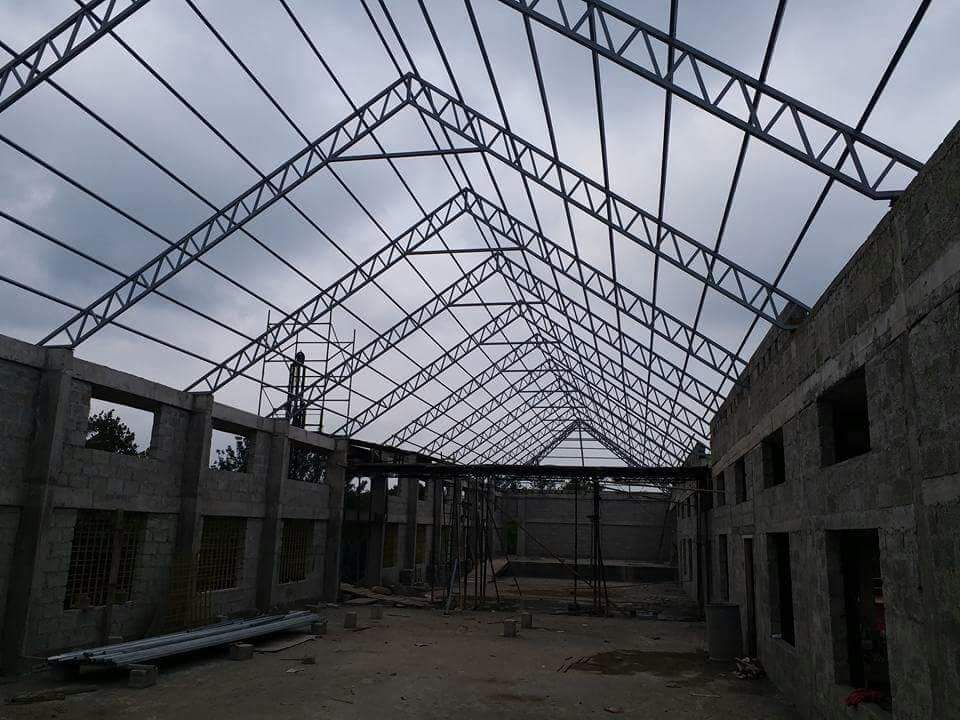Roof replacement is a significant home improvement project that involves removing the existing roof and installing a new one. This process is necessary when the current roof is old, severely damaged, or has reached the end of its functional lifespan. Here are some key aspects to consider when thinking about roof replacement: Assessment and Inspection: Before replacing your roof, it's essential to have a professional roofing contractor assess the condition of your current roof. They will inspect for damage, wear and tear, and other issues that may necessitate replacement. .
Our Strategy
Material Selection: Choose the right roofing material for your replacement. Common options include asphalt shingles, metal roofing, tile, wood shakes, and more. The choice should consider factors such as your budget, climate, and aesthetic preferences. Cost Estimation: Obtain cost estimates from reputable roofing contractors. The cost of a roof replacement can vary widely based on factors like the type of material, the size of your roof, and the complexity of the job. Permits and Regulations: Ensure that you understand and comply with local building codes and regulations. Some areas may require permits for a roof replacement, and you must adhere to these rules .
Our Key Features
- Ventilation and Insulation: Inspect and, if necessary, upgrade the roof's ventilation and insulation to ensure energy efficiency and prevent moisture issues.
- Warranty: Inquire about warranties for the roofing material and the contractor's work. Understand the terms and conditions of these warranties.
- Cleanup and Disposal: Ensure that the contractor properly disposes of the old roofing materials and cleans up the work area after the replacement is complete.
- Final Inspection: After the replacement, have a final inspection to make sure the new roof meets the necessary standards and regulations.

